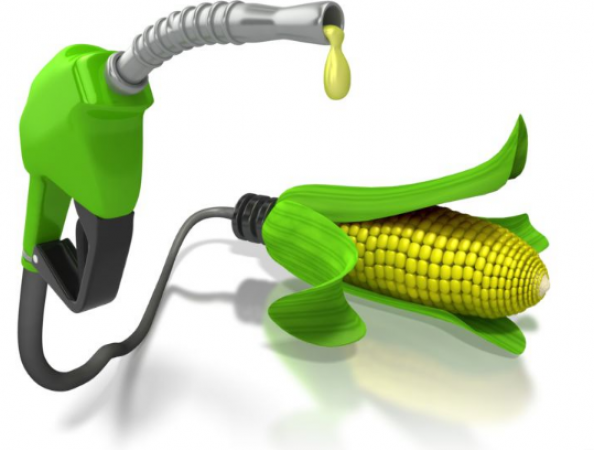
Washington: Ethanol is considered by many as a promising future fuel for several reasons:
1.Renewable and Sustainable: Ethanol is primarily derived from plant biomass, such as corn, sugarcane, and cellulosic materials. These resources can be cultivated and grown continuously, making ethanol a renewable and sustainable fuel option.
2. Reduced Greenhouse Gas Emissions: Ethanol has the potential to significantly reduce greenhouse gas emissions compared to fossil fuels. When burned, it releases carbon dioxide (CO2), but the plants used to produce ethanol absorb CO2 during their growth, resulting in a more balanced carbon cycle. It is considered a biofuel and can help mitigate climate change.
Also Read: Why is cyber security crucial for regular people?
3. Energy Security and Independence: Ethanol production can enhance energy security by reducing dependence on fossil fuels, which are often imported from politically unstable regions. Countries can produce ethanol domestically, utilizing their own agricultural resources and reducing reliance on external fuel sources.
4. Economic Benefits: Ethanol production can stimulate local economies, create jobs, and support the agricultural sector. It provides an additional market for farmers and can contribute to rural development in regions suitable for cultivating feedstocks for ethanol production.
Also Read: Israel is going to enter in race in AI air defence
Despite these advantages, ethanol also has several drawbacks:
1. Land and Water Use: The production of ethanol requires significant amounts of land and water resources. This can lead to deforestation, habitat destruction, and competition with food crops, potentially affecting food prices and availability.
2. Energy Input and Efficiency: The process of converting biomass into ethanol requires energy inputs, such as fossil fuels, for cultivation, transportation, and processing. The net energy gain from ethanol production can be lower than the energy invested, depending on the specific production methods used.
3. Ethanol's Impact on Engines: Ethanol has a lower energy content compared to gasoline, resulting in reduced fuel efficiency. Higher concentrations of ethanol in fuel blends can also cause compatibility issues and damage certain types of engines and fuel systems not designed to handle ethanol.
4. Food vs. Fuel Debate: The use of agricultural crops for ethanol production raises concerns about diverting resources from food production. Critics argue that using edible crops for fuel production could contribute to food scarcity and price increases, especially in regions already experiencing food insecurity.
Also Read: Cert IN.: Android mobile devices have been attacked by the malware 'Daam,
5. Environmental Concerns: Ethanol production may require the use of pesticides, fertilizers, and intensive farming practices, potentially leading to water pollution, soil degradation, and other environmental impacts.
It's important to consider a balanced approach when evaluating ethanol as a future fuel, weighing its benefits against the potential drawbacks and exploring ways to mitigate its negative impacts. Additionally, alternative fuels and technologies, such as electric vehicles and hydrogen fuel cells, are also being developed to address the challenges associated with fossil fuel consumption.